PhotonPharma’s Innocell involves sampling a patient’s tumor cells, inactivating them so that they are unable to replicate, then administering them back to the patient.
Cancer
Vaccines must elicit immune responses of a sufficient magnitude and quality to prevent or treat disease. While existing vaccine technologies are capable of achieving this goal for many diseases, these strategies have thus far proven inadequate against global threats like HIV and cancer.
Pancreatic ductal adenocarcinoma (PDAC) has one of the highest mortalities of all malignancies, with aggressive biology, resistance to therapeutic agents, and a mere 5-year survival of 8-9%.
B cells are primarily known for their robust adaptive immune response through antibody production; however, they are often overlooked among the body’s professional antigen-presenting cell (APC) populations.
Despite recent therapeutic advances in cancer treatment, metastatic cancer remains the primary cause of cancer deaths.
Researchers at Purdue University have developed chimeric antigen receptor (CAR) neutrophils for the targeted treatment of cancer.
Researchers at Purdue University have developed selective small molecule inhibitors of G protein-coupled receptor kinase 5 (GRK5) for preventing heart failure and treating breast cancer.
Medical College of Wisconsin inventors have developed novel small molecule therapeutics that will help treat small cell lung cancer, among other cancers.
SVC112 is a late-preclinical stage asset with potent single agent activity in genetically-defined models of salivary gland cancer, a neglected and orphan disease with no approved targeted or immunotherapy agents.
Mayo Clinic researchers have developed a novel regimen by which oncolytic virotherapy can be used as a potent immunological adjuvant to improve the efficacy of CAR T cell therapy against solid tumors.
